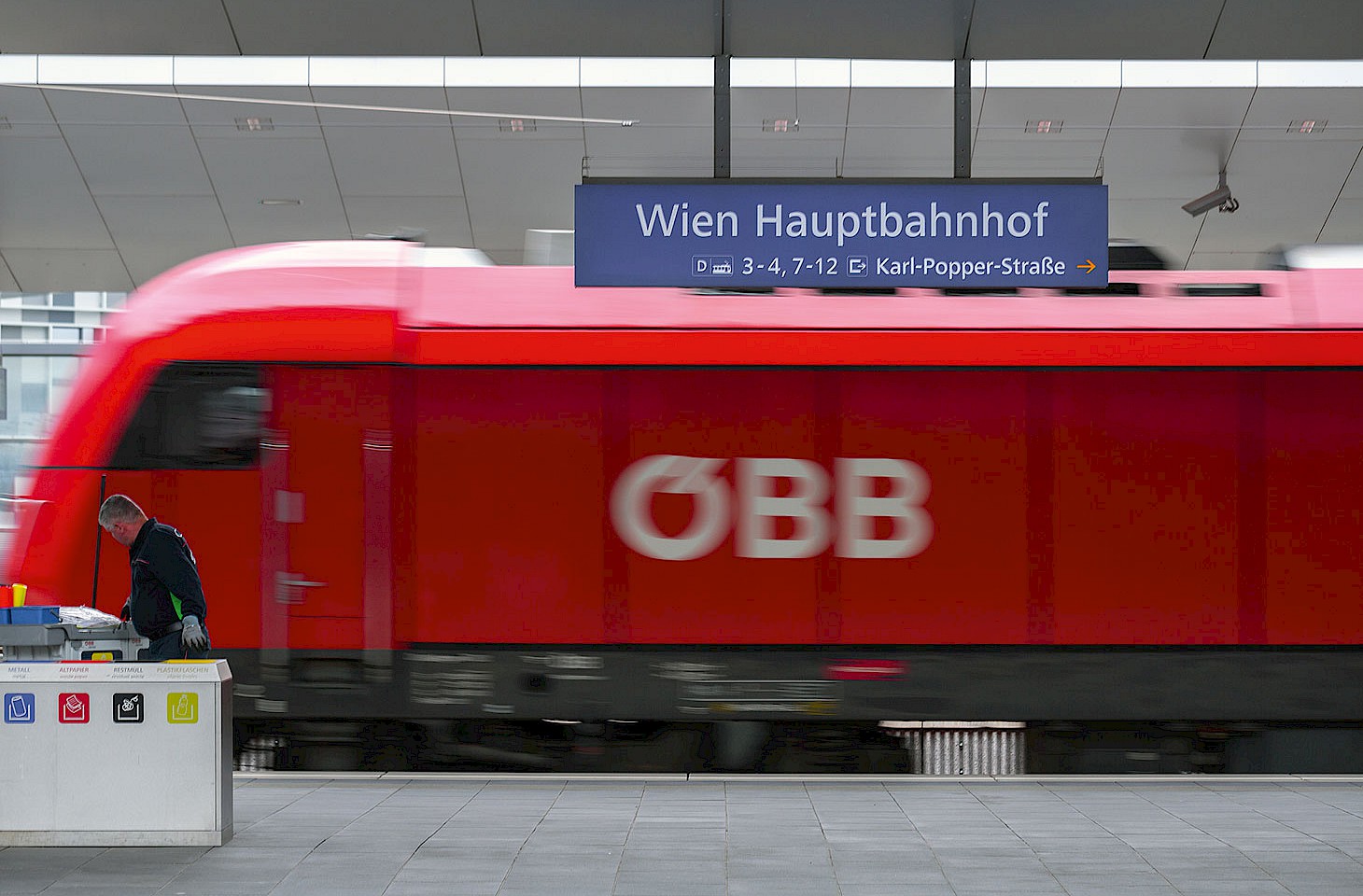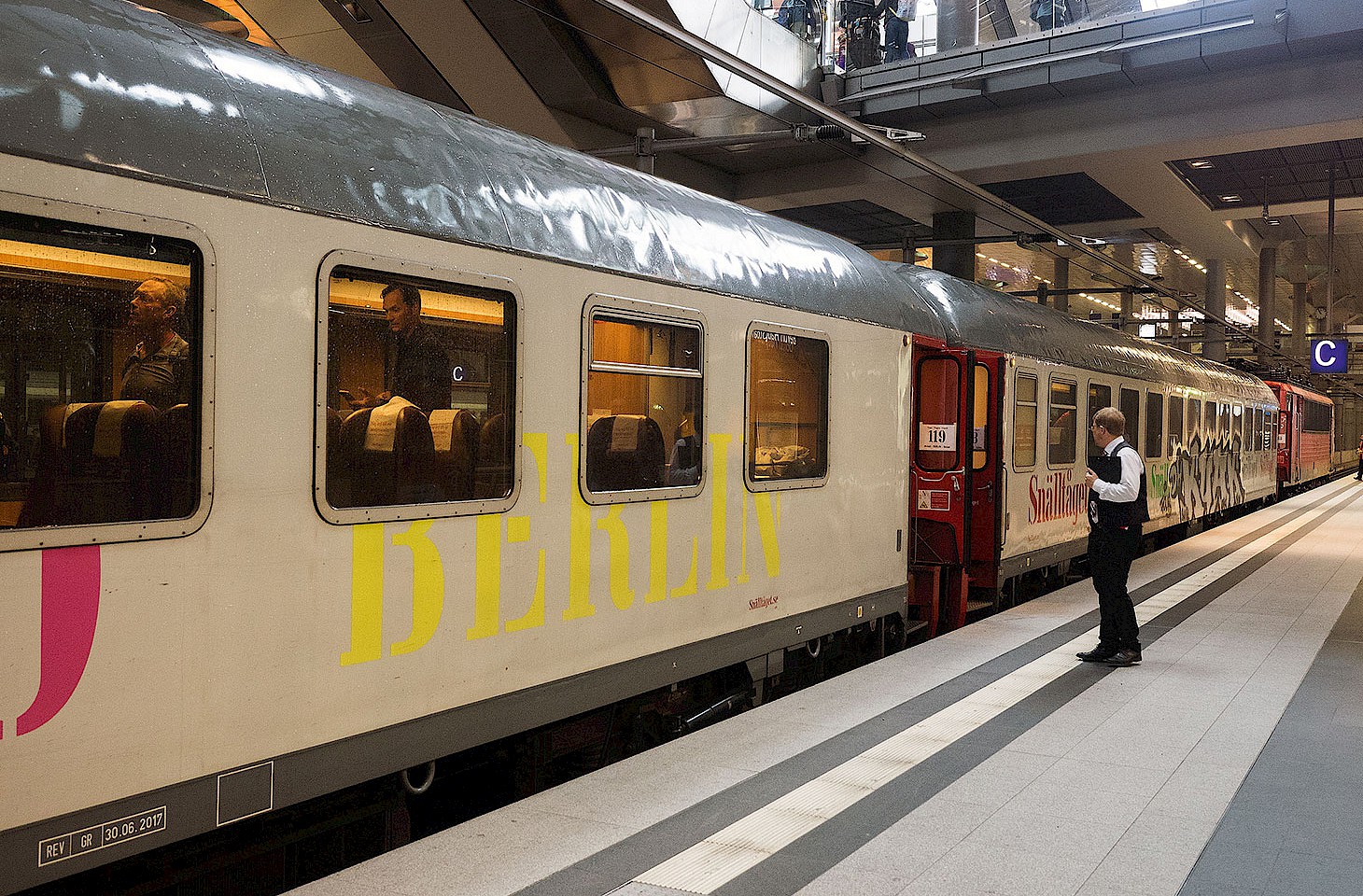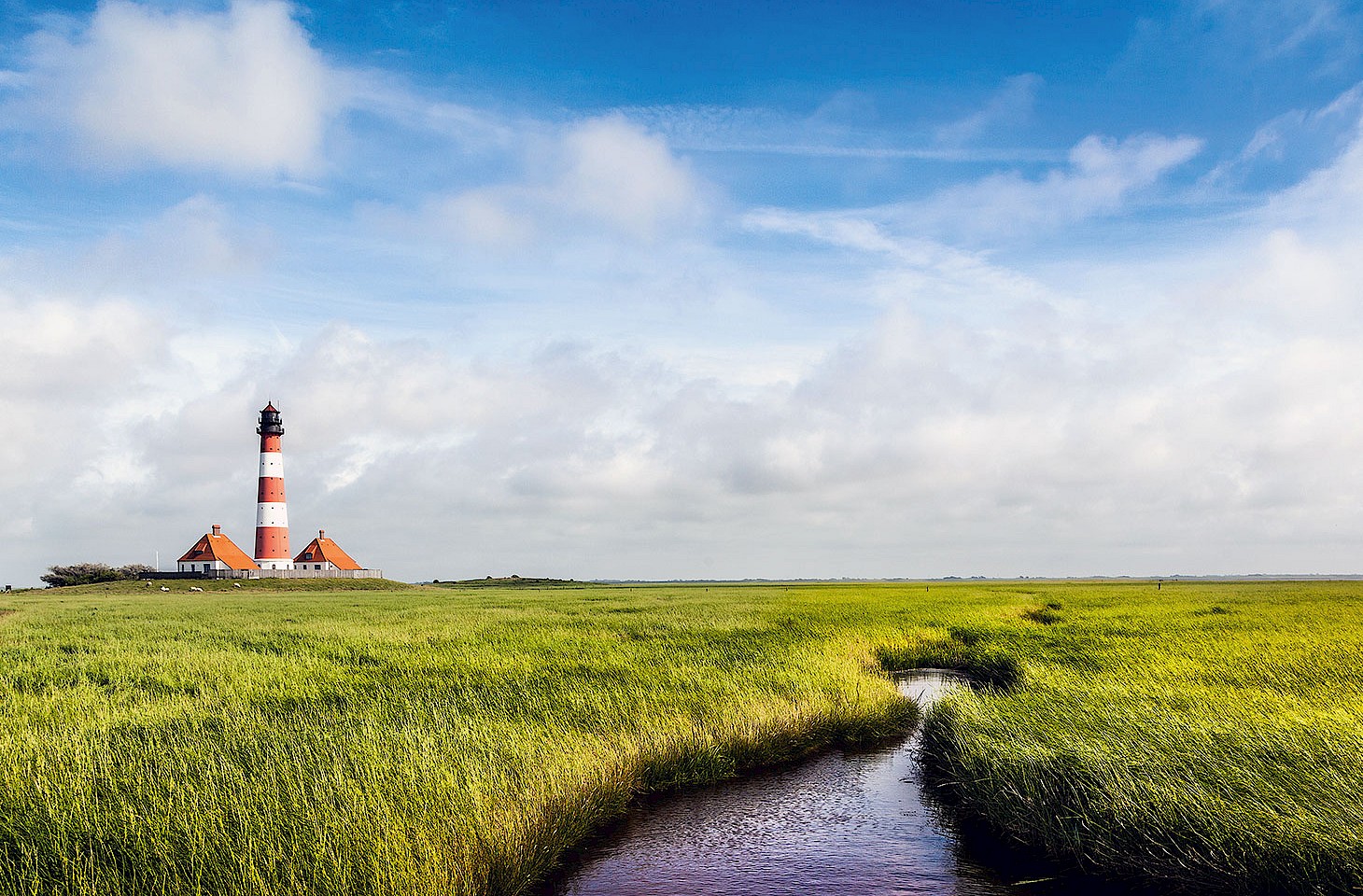Dear fellow travellers
Fred was one of those proverbial ne'er-do-wells. He was more inclined to laze around with his mates than devote himself to anything serious. Fred's dad took a dim view of his son's long-standing close relationship with one particular young man. It might have been a gay fling. Who knows. Fred's pa - also called Fred - had connections, and there wasn't a problem that couldn't, one way or another, be fixed. Fred Senior arranged for his son's best friend to be decapitated. Fred Junior was forced to watch the execution.
By now you have the drift. It sounds like a tale of everyday life in the Corleone family. But the scene is not Sicily but Prussia. The Hohenzollerns were an eccentric bunch. Fred Junior only narrowly escaped execution himself and spent some years incarcerated at Küstrin on the banks of the River Oder (nowadays Kostrzyn in Poland).
Had Fred Senior really executed his son, he would have deprived Prussia of its most enlightened monarch. The younger Fred succeeded his authoritarian father, who died in 1740, and for 46 years presided with some success over Prussian affairs. He is the monarch now remembered as Friedrich der Große (Frederick the Great).
The wayward son became an accomplished military strategist. But perhaps only reluctantly. After assuming the throne, he wrote to Voltaire bemoaning the fact that his affection for ballet and theatre was being replaced by worries over soldiers and gunpowder.
Europe really realised that Frederick II was a man determined to leave his mark on the world on 3 January 1741. It was 274 years ago today that Frederick rode through the Schweidnitzer Gate in Breslau to claim the Silesian city for Prussia. It is a mark of Frederick's style that he was accompanied, as he ceremonially entered the city, not by cannons but by a number of packhorses carrying the royal tableware. (Make a note of that: if ever you are minded to invade your neighbour, pack the family china before setting out.)
Prussia's slick takeover of most of Austrian Silesia, the most prized Habsburg possession, was the first of Frederick the Great's many military adventures. Breslau remained part of the Kingdom of Prussia, joining Germany on German unification in 1871. Like much of the rest of Silesia, it was ceded to Poland at the end of the Second World War. (Purists will remember that a fragment of the historic territory of Silesia, on the west bank of the River Neisse, remains German to this day).
Breslau is of course now Wroclaw, a proud Polish city - the history of which is magnificently recounted in the book Microcosm: Portrait of a Central European City by Norman Davies and Roger Moorhouse. The volume chronicles the life of Wroclaw in a way that every great city deserves - but few are lucky enough to receive.
Breslau developed in the nineteenth century into an immensely important industrial and commercial centre, even to the extent that Berlin often played second fiddle to its near neighbour in Silesia in many aspects of Prussian, and later German, life. Just 300 kilometres separate the two cities and, by the 1930s, a dozen trains a day were speeding between Berlin and Breslau - the fastest of them taking less than three hours for the journey.
No-one in Wroclaw today will be celebrating the anniversary of the arrival of Fred and his silverware on 3 January 1741. Just as very few people in Wroclaw even noticed the moment last month when the very last train left for Berlin. This route had declined year-by-year since the millennium. Slow trains and ancient carriages didn't pull the crowds. This Eurocity train was called the Wawel, recalling the hill in Kraków where the Polish monarchs were crowned. This was an affectation, for in recent years the train never even went to Kraków. We saw that last train from Silesia to Berlin. It had no royal pretensions, no silver tableware. The final departure from Germany's erstwhile province was as lacklustre an exit as one could possibly imagine. So very different from Frederick's grand entry through the Schweidnitzer Gate 274 years ago.
Nicky Gardner and Susanne Kries
(editors, hidden europe magazine)




